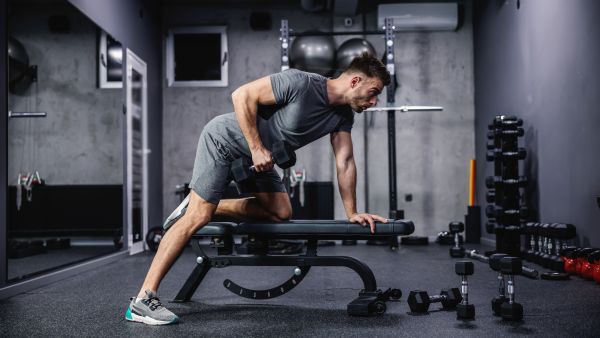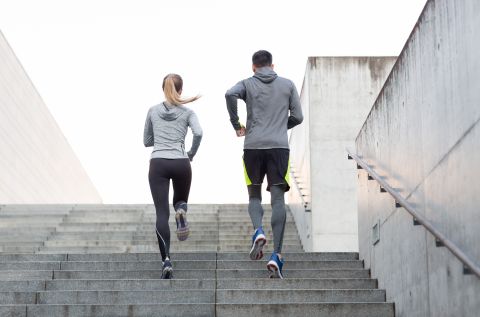ALBAWABA - For all the exercise enthusiasts out there, a recent study suggests that excessively vigorous exercise might have a surprising downside: it could potentially dampen your immune system.
This revelation comes from a comprehensive analysis of over 4,700 post-exercise fluid samples obtained from firefighters. The implications of this finding could be concerning for individuals in physically demanding occupations that require intense fitness training, such as emergency workers and athletes.
According to biomedical scientist Ernesto Nakayasu from the Pacific Northwest National Laboratory (PNNL),
"People who are very fit might be more prone to viral respiratory infection immediately after vigorous exercise. Having less inflammatory activity to fight off an infection could be one cause."
How extreme exercise can harm your immune system
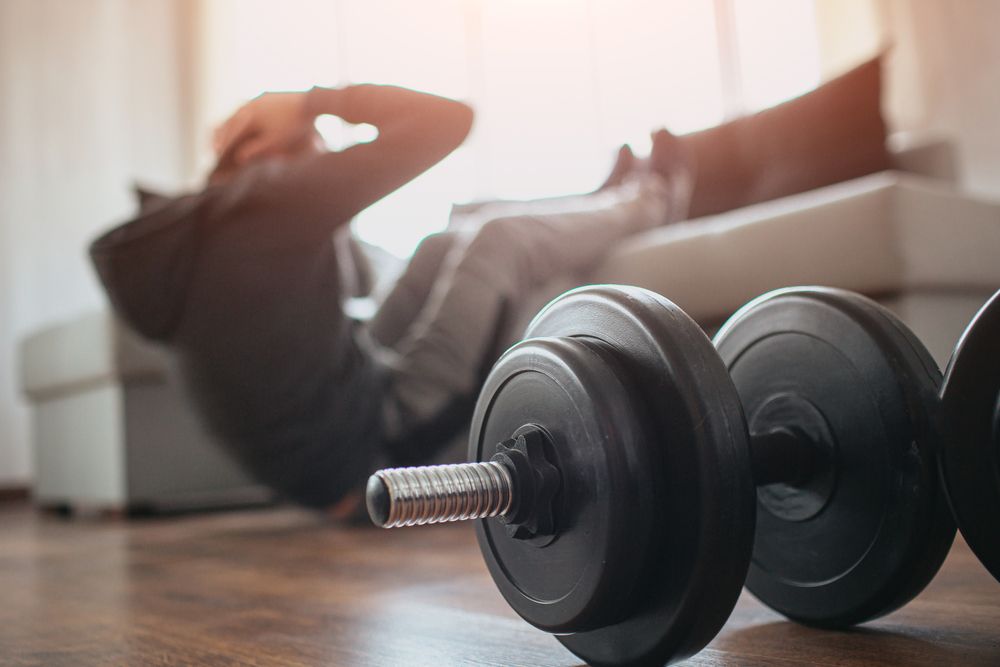
Shutterstock
While there is substantial evidence supporting the idea that moderate physical activity benefits the immune system in the long run, the immediate effects of intense exercise on immunity remain a topic of debate.
Some previous studies have reported a higher incidence of upper respiratory tract infections among athletes following strenuous activities compared to control groups. However, whether this is a correlation or a cause remains uncertain.
To investigate further, Nakayasu and colleagues studied 11 firefighters. They collected samples of blood plasma, urine, and saliva before and after a challenging 45-minute exercise session. The goal was to detect early signs of physical exhaustion and improve safety for first responders, athletes, and the military.
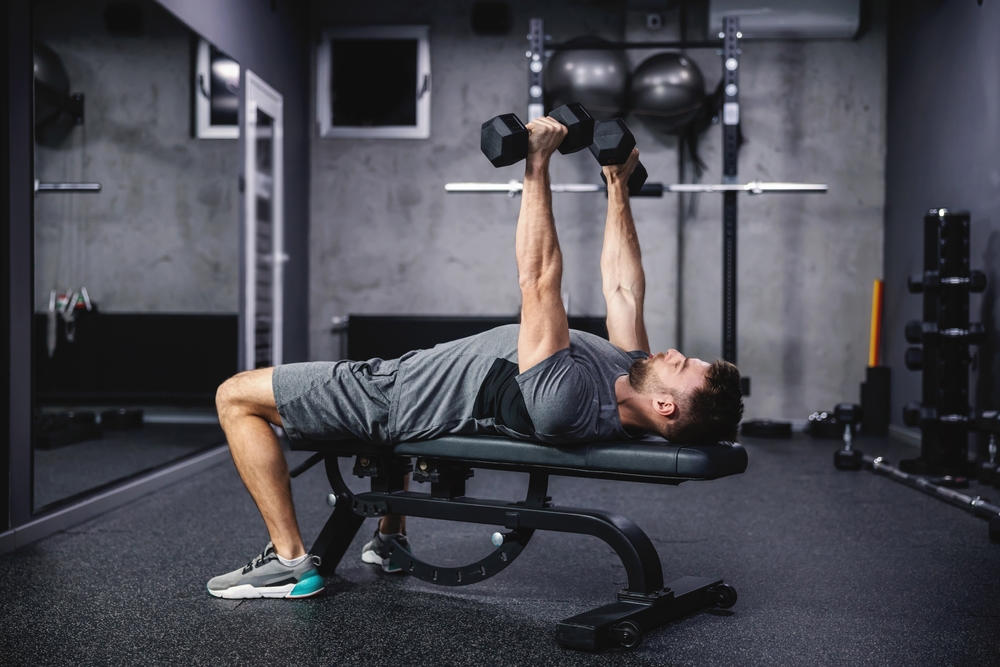
Shutterstock
While exercise undeniably provides numerous health benefits, including boosting mood and strengthening the immune system, the study's findings suggested signs of immune suppression in workout-exhausted firefighters.
Changes were observed in the participants' body fluids, with a decrease in anti-inflammatory molecules and an increase in opiorphin, a substance known to widen blood vessels.
The significance of these alterations on short-term immune function is unclear, but the researchers have theories. Opiorphin may enhance blood flow to muscles during exercise, delivering oxygen and nutrients.
The decrease in inflammatory molecules in post-exercise saliva could be an adaptive response to improve gas exchange for increased cellular oxygen demand.
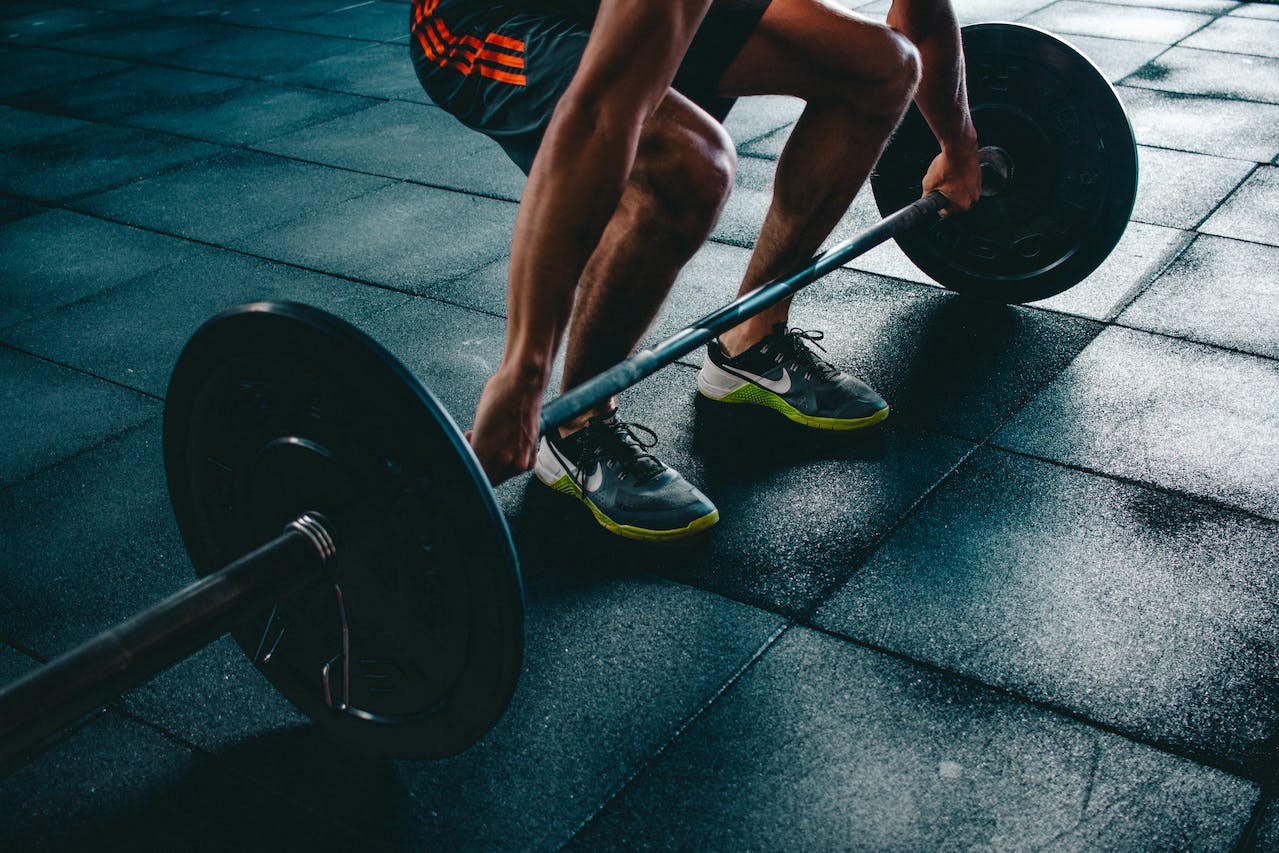
Photo by Victor Freitas (pexels)
The study found changes in the oral microbiome after intense exercise, with an increase in antimicrobial peptides.
However, these peptides were not effective against E. coli, suggesting limitations in oral cavity protection. Scientists have varying opinions on whether these changes indicate immune suppression or a heightened immune system.
The study had limitations, such as a small sample size and a specific participant group. Further research in a broader community is needed.
However, when combined with previous studies, there is evidence suggesting a link between physical demands and increased respiratory infections. It is crucial to find a balance between staying active and protecting our health.


